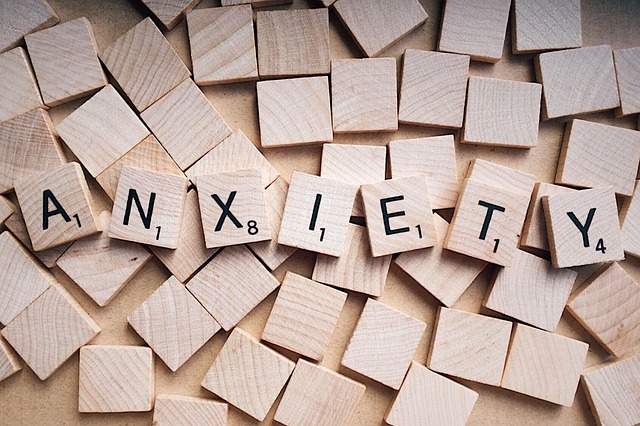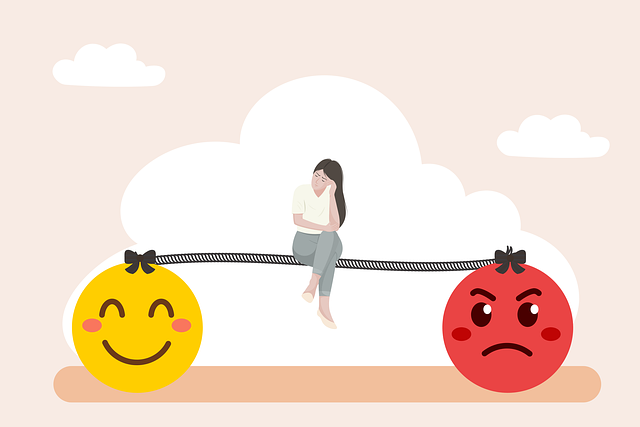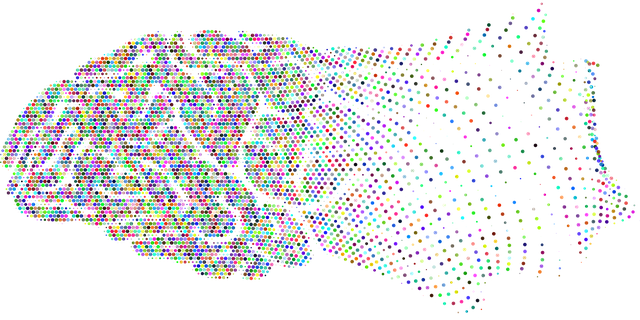Therapy plays a crucial role in supporting young children from polyamorous and open relationships to understand and manage their emotions effectively. Tailored sessions, focusing on trigger identification, feeling differentiation, and adaptive responses, foster resilience, communication, and empathy within these family structures. This early intervention through play activities enhances emotional intelligence, equips kids with conflict resolution skills, and promotes healthier relationships and mental well-being. Culturally sensitive therapy provides a safe space for judgment-free emotional expression, while risk assessment ensures the safety of children in these unique familial settings.
Emotion regulation is a vital skill for young children to navigate their feelings and develop emotional intelligence. This article explores effective techniques to empower kids with self-control, offering insights into various teaching methods. We delve into the role of therapy in facilitating polyamorous and open relationships, providing a supportive environment for building resilience. From understanding basic emotions to practical strategies, these approaches foster healthy coping skills, enabling children to thrive in diverse social contexts, including polyamorous and open families.
- Understanding Emotion Regulation for Young Children
- The Role of Therapy in Teaching Polyamorous and Open Relationships
- Practical Techniques to Foster Emotional Intelligence
- Building Resilient Coping Skills in a Supportive Environment
Understanding Emotion Regulation for Young Children

Understanding Emotion Regulation for Young Children
Teaching young children emotion regulation techniques is a crucial aspect of their social and emotional development, especially in the context of therapy for young children with complex familial structures like polyamorous and open relationships. These early experiences shape their ability to process and manage emotions effectively as they grow older. Through tailored therapy sessions, professionals can guide children in recognizing and understanding their feelings, providing them with essential tools for emotional healing processes.
By incorporating emotional well-being promotion techniques and social skills training, therapists aid young minds in decodifying the intricate language of emotions. This involves teaching them to identify triggers, differentiate between various feelings, and respond adaptively rather than reactively. Such interventions not only foster resilience but also nurture healthy relationships by enhancing communication and empathy within polyamorous or open family dynamics.
The Role of Therapy in Teaching Polyamorous and Open Relationships

In the context of teaching polyamorous and open relationships, therapy plays a pivotal role in helping young children navigate these complex dynamics. Unlike traditional monogamous narratives, polyamorous and open relationships require distinct approaches to emotion regulation, communication, and understanding boundaries. Therapists skilled in mental health policy analysis and advocacy can create safe spaces for children to explore their feelings and questions about these alternative relationship models.
Through compassion cultivation practices and effective communication strategies, therapists guide young individuals in developing emotional resilience and healthy interpersonal skills. This support is crucial as children learn to express their needs, maintain open dialogues, and foster empathy within polyamorous or open family structures. By integrating these techniques, therapy empowers children to understand and embrace diverse relationship forms while promoting their overall mental health and well-being.
Practical Techniques to Foster Emotional Intelligence

Teaching young children practical emotion regulation techniques can be a powerful tool for fostering emotional intelligence. Through play and interactive activities, kids can learn to identify their feelings, understand triggers, and develop healthy coping strategies. This early intervention is crucial in navigating challenging emotions, especially as they grow into adolescents and adults. Techniques such as mindfulness exercises, deep breathing, and creative outlets like art or music help children process complex emotions and build resilience.
In the context of polyamorous and open relationships, these skills become even more pertinent. Open communication and a supportive environment are essential for individuals in these relationships to manage potential jealousy, insecurity, and conflict. Encouraging young people to express their feelings openly and teaching them effective conflict resolution techniques can contribute to healthier relationships and enhance mental health awareness, reducing the stigma associated with discussing emotions and seeking therapy.
Building Resilient Coping Skills in a Supportive Environment

In a supportive environment, teaching young children effective emotion regulation techniques can be a game-changer in their mental health journey. Therapy for young kids, especially those from polyamorous and open relationships, often focuses on building resilient coping skills. This process involves helping children identify and understand their emotions, providing them with tools to manage intense feelings, and fostering healthy expression of these emotions. By creating a safe space where cultural sensitivity in mental healthcare practice is paramount, therapists can guide young minds towards better emotional regulation without judgment.
Risk assessment for mental health professionals plays a crucial role in this context, ensuring that the therapeutic environment remains secure and nurturing. Through patient teaching and modeling, children learn to navigate their emotions, which can significantly impact their overall well-being and ability to cope with life’s challenges. This early intervention contributes to raising mental health awareness among young individuals, empowering them to lead healthier, happier lives.
Emotion regulation is a vital skill for all individuals, particularly young children who are still developing their emotional intelligence. By incorporating practical techniques from therapy sessions focusing on polyamorous and open relationships, educators can foster a supportive environment that encourages resilience. Understanding these strategies allows us to guide young minds through complex emotions, ensuring they build healthy coping skills essential for personal growth. This holistic approach to teaching emotion regulation is key to empowering children with the tools needed to navigate life’s challenges effectively.














